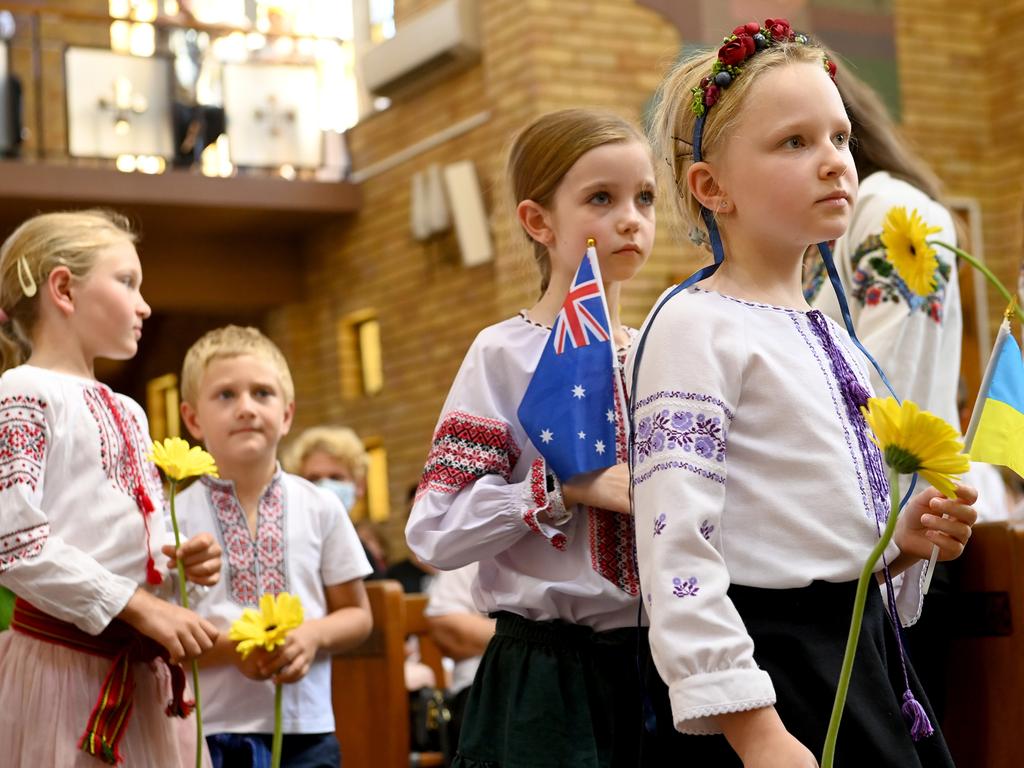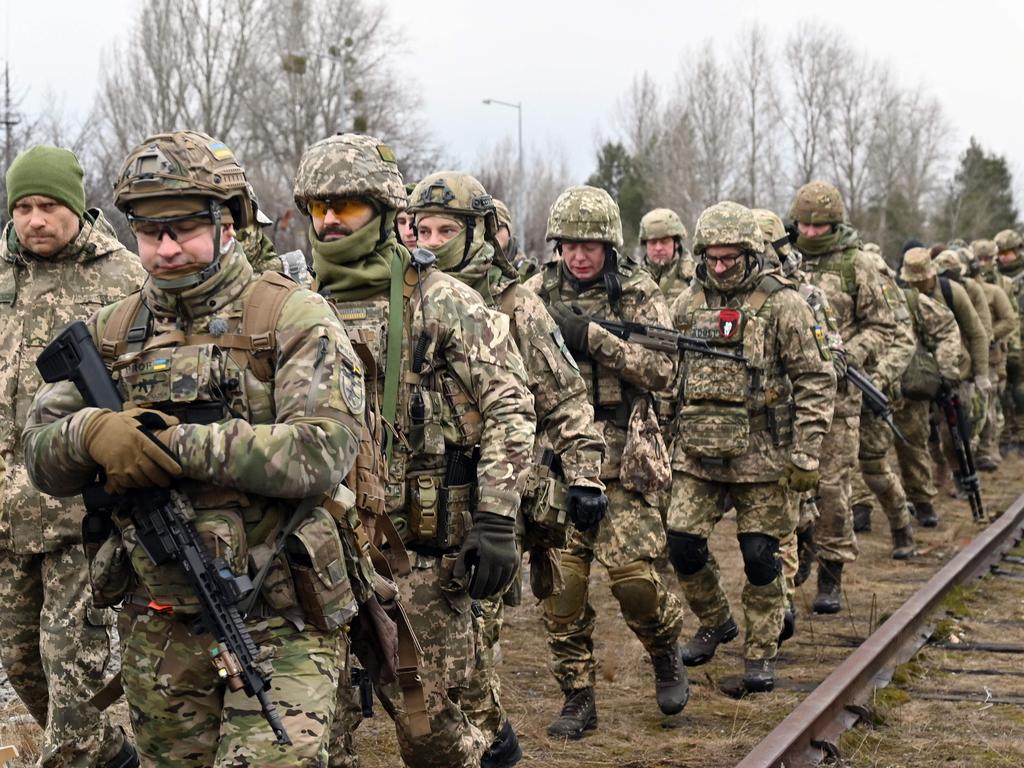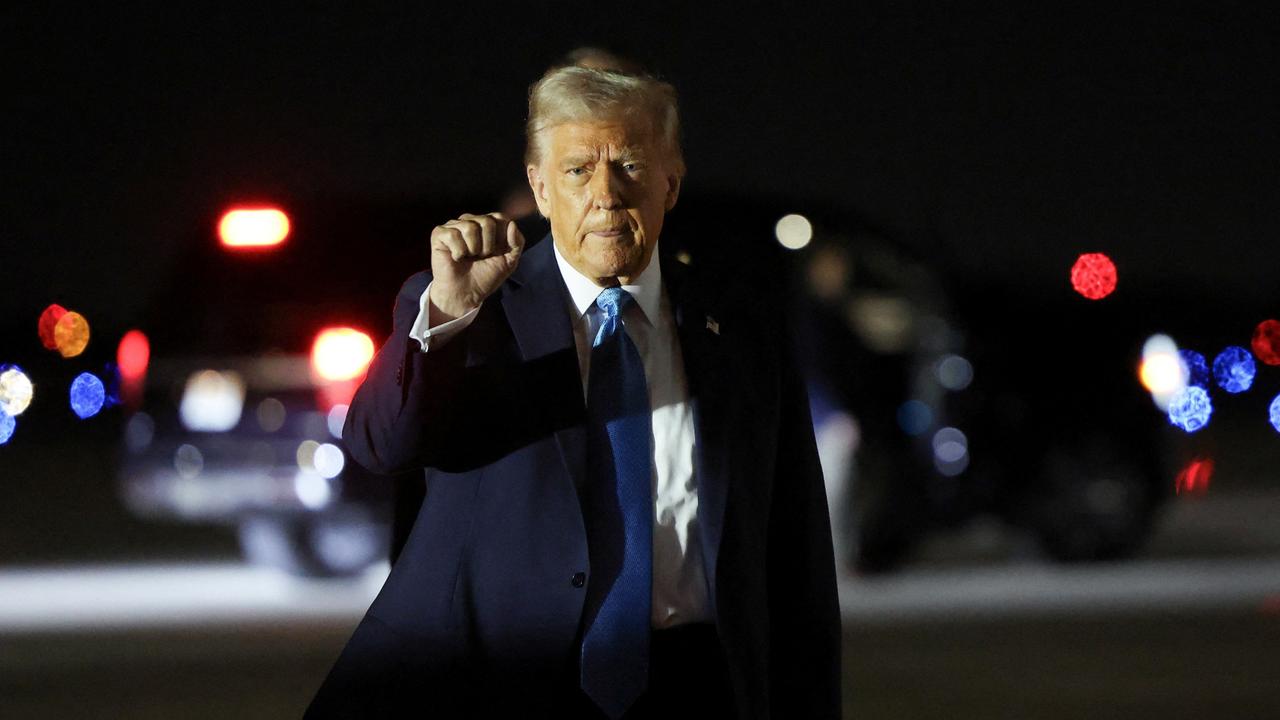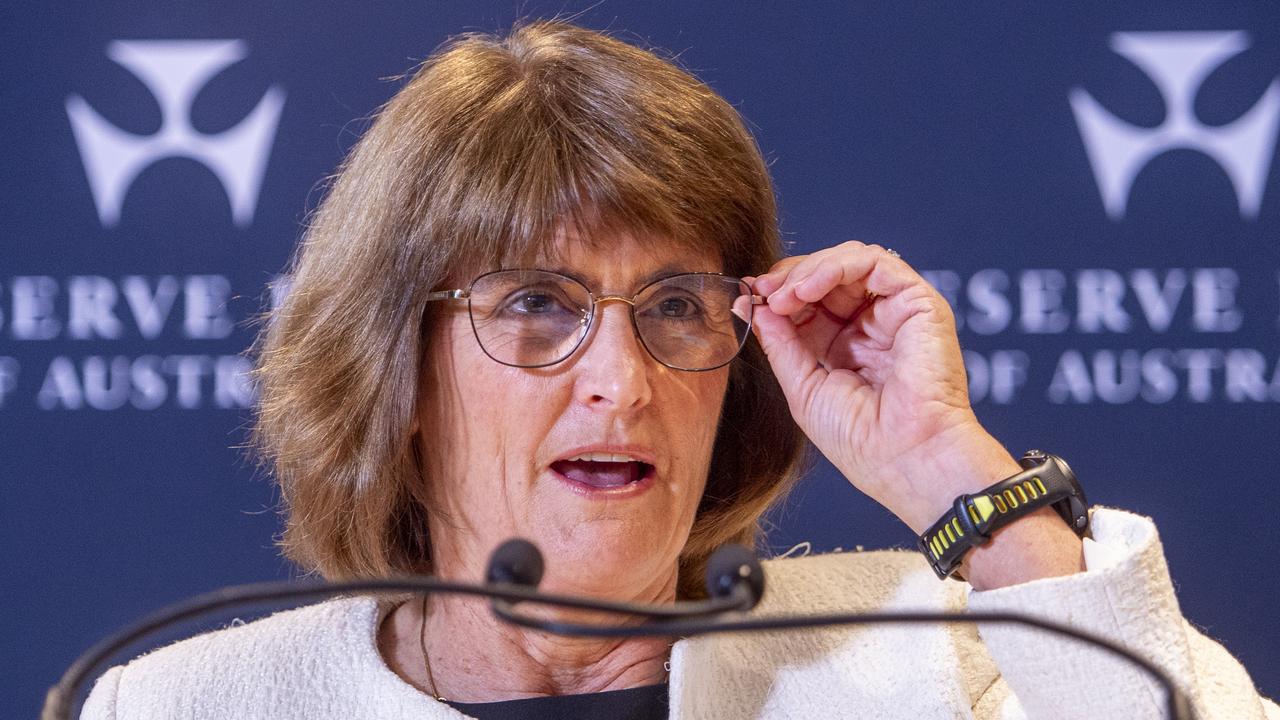Joe Biden, Vladimir Putin agree to summit if Russia doesn’t invade Ukraine
Emmanuel Macron proposed the summit in a last-ditch effort at a diplomatic solution to the crisis amid fears of imminent invasion.
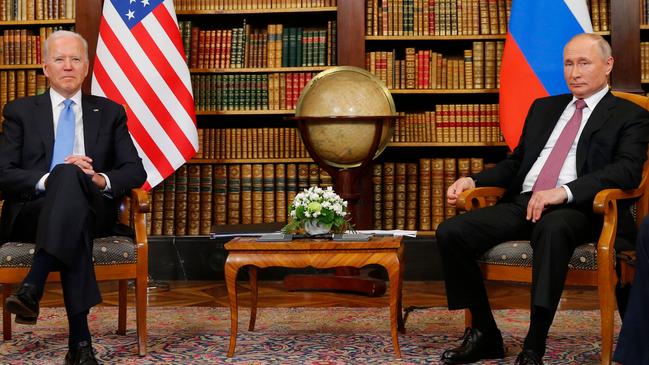
As the US warned of an imminent Russian invasion of neighbouring Ukraine, President Biden agreed to meet his Russian counterpart, Vladimir Putin, after a flurry of calls from French President Emmanuel Macron that sought a diplomatic solution to the crisis.
Mr. Macron, in the call with his American counterpart, proposed a summit between Presidents Biden and Putin and then a meeting with other governments on security and strategic stability in Europe, the French president’s office said in a statement. Mr. Biden and Mr. Putin have accepted the principle of such a summit, Mr. Macron’s office said.
The White House confirmed that President Biden had accepted in principle a meeting with President Putin, provided that Russia doesn’t invade Ukraine.
“We are always ready for diplomacy,” press secretary Jen Psaki said in a statement. “We are also ready to impose swift and severe consequences should Russia instead choose war. And currently, Russia appears to be continuing preparations for a full-scale assault on Ukraine very soon.” Another White House official said a meeting in Europe between U.S. Secretary of State Antony Blinken and his Russian counterpart, Foreign Minister Sergei Lavrov, would precede the summit. The official said that the timing and the format of the summit are yet to be determined, calling it “completely notional.” It will be discussed more by Messrs. Blinken and Lavrov if the invasion hasn’t started by their scheduled meeting.
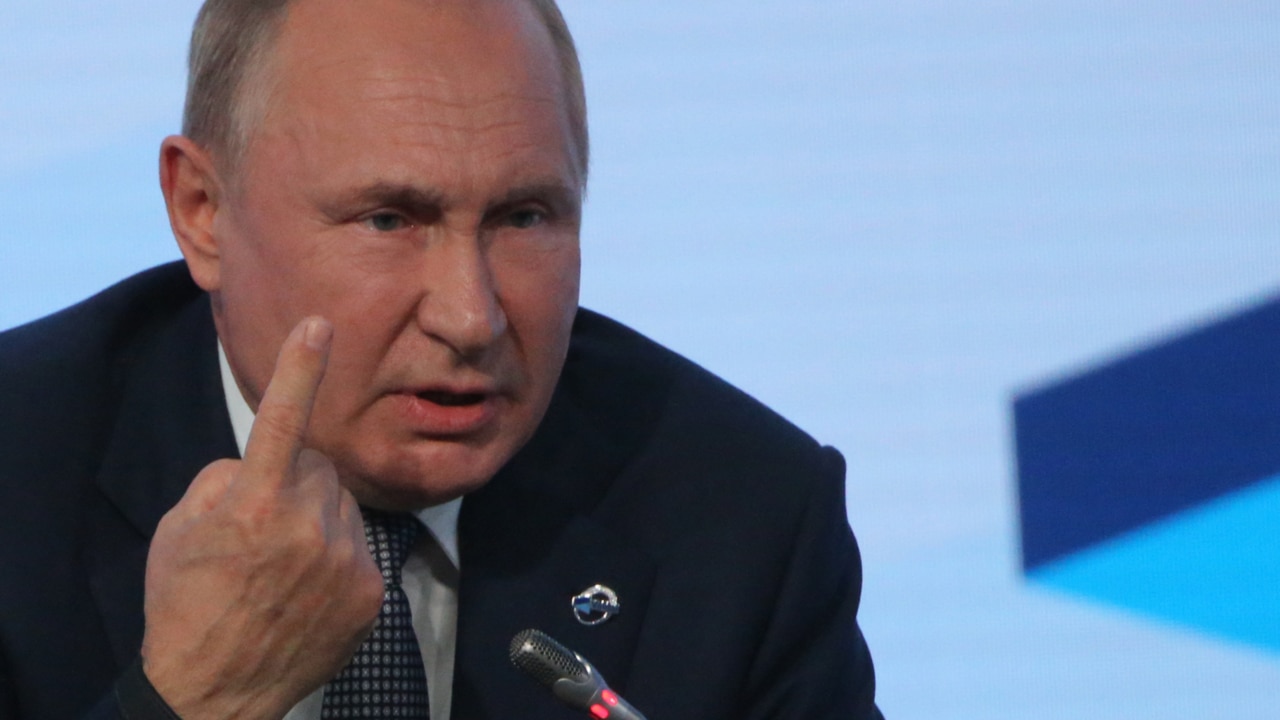
Russia has amassed as many as 190,000 troops on Ukraine’s borders, including some 30,000 for exercises in allied Belarus that were slated to end Sunday. Moscow demands that Kiev abandon its aspirations to join the North Atlantic Treaty Organisation and give Russian proxies a major say in Ukraine’s future.
Sunday’s developments on the diplomatic front indicated that Mr. Putin could be willing to step back from the brink of war, at least in the immediate future, as he sought a face-saving end to the crisis. “Putin just started a new chapter,” said Oleksandr Danylyuk, a former Ukraine national-security adviser. “It’s a break that allows Putin to refocus, rethink and regroup before taking his next steps. The full war is unpredictable for him — you never know. It’s easy to start a war, but you never know how it will end.” U.S. intelligence assessment offered a starkly different picture of Mr. Putin’s intentions. One U.S. intelligence official said the U.S. determined that Mr. Putin has already given attack orders to his commanders.
On Sunday, President Biden led a meeting of the National Security Council to discuss Russia’s military build-up on the borders of Ukraine.
Some U.S. officials are concerned that the extension of Russian military exercises in Belarus doesn’t signal a delay of a possible attack on Ukraine, but rather offers Moscow leeway for a prolonged military campaign against Kiev and other cities located near the border with Belarus. A senior administration official said in January that Belarus President Alexander Lukashenko might grant Russia’s military unfettered access as a means of remaining in Mr. Putin’s good graces.
Shelling across the ceasefire line in eastern Ukraine’s Donbas region intensified in recent days, with Russian-installed authorities in areas controlled by Moscow since 2014 ordering the mobilisation of fighting-age men and urging the evacuation of women and children. Kiev and its Western partners say these moves are part of a Russian propaganda campaign to justify a full-fledged military invasion of Ukraine, which Mr. Biden has said he expects to happen within days.
Mr. Macron said that Russia, Ukraine, France and Germany will resume talks in the so-called Normandy format based on proposals presented by Kiev in recent days. He and Mr. Putin agreed on the “necessity to favour a diplomatic solution to the crisis, and to do everything to achieve it, ” according to the French account of the conversation. The French and Russian foreign ministers are slated to meet in coming days, while other consultations will take place in Paris, the French account said. German Chancellor Olaf Scholz is separately scheduled to speak to Mr. Putin on Monday, according to a German official.
An aide to Mr. Macron said Mr. Putin told the French leader that Russian troops in Belarus would withdraw from the country once their military exercise is completed. The aide added that Mr. Putin said he was working on the withdrawal with Russia’s Defence Ministry.
The situation remains combustible. The Russian and French leaders disagreed over who was to blame for violence in eastern Ukraine, the aide said. Mr. Putin blamed Ukrainian forces while Mr. Macron said Russian separatists were responsible, the aide said.
“We are still in a situation of high volatility, but there is still room for diplomacy,” the Macron aide said, adding that “diplomatic resources have not been exhausted.”
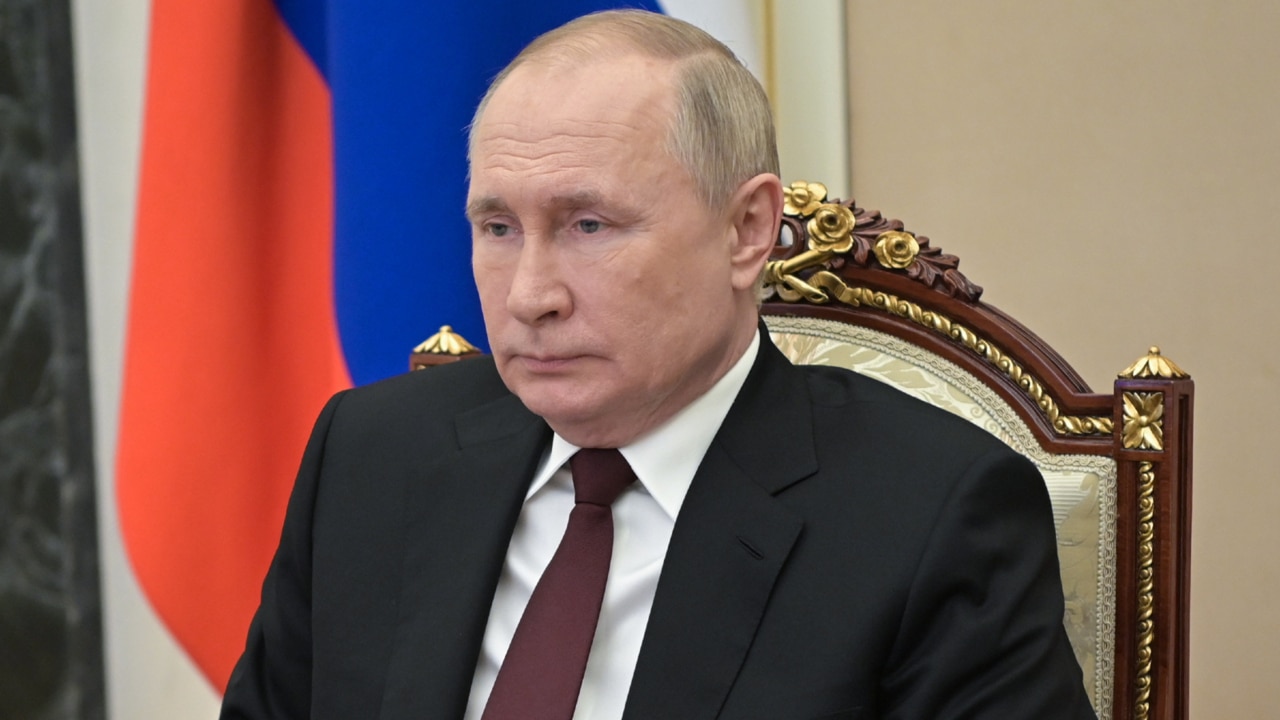
Mr. Macron also spoke with Ukrainian President Volodymyr Zelensky after Sunday’s talks with Mr. Putin, his second conversation with the Ukrainian leader in two days. The French leader commended Mr. Zelensky on his “composure and his determination to prevent escalation.” The Kremlin, in a statement Sunday, blamed Mr. Zelensky for refusing to implement the so-called Minsk agreements that ended major combat in Donbas in 2015 and that — in Moscow’s interpretation — could give Russian proxies a significant say in Ukraine’s new set up, potentially halting the country’s alignment with the West.
Still, the Kremlin said Mr. Putin agreed to “intensify the search for solutions through diplomatic means,” including by holding another meeting on the Minsk accords between the four nations’ senior advisers in the Normandy format. While the first such meeting in Paris in January led to some progress, the second in Berlin earlier this month ended in failure.
Retaining Russian forces in Belarus, a short distance from the Ukrainian capital, Kiev, gives Mr. Putin extra leverage to pressure Mr. Zelensky for painful concessions. Just hours before the exercises in Belarus were scheduled to end, Minsk said they would continue indefinitely. Belarus and Russia cited their allegations that Ukraine shelled civilian areas in Moscow-controlled areas of Donbas. Western officials have backed Kyiv’s assertion that these claims are part of an operation aimed at providing a pretext for a Russian-led attack.
Countries bordering Belarus have been “pumped with modern weaponry,” Belarus Defense Minister Viktor Khrenin said. Europe is being pushed toward war, he added, and “has begun to smell strongly of gunpowder.” Ukrainian Defence Minister Oleksii Reznikov said the extension of Russia’s military drills in Belarus was expected.
“We ought to be ready to resist powerful pressure in the coming period. The enemy intends to destabilise Ukraine from within, to scare us and force us into capitulation. But we will stand firm,” he said.
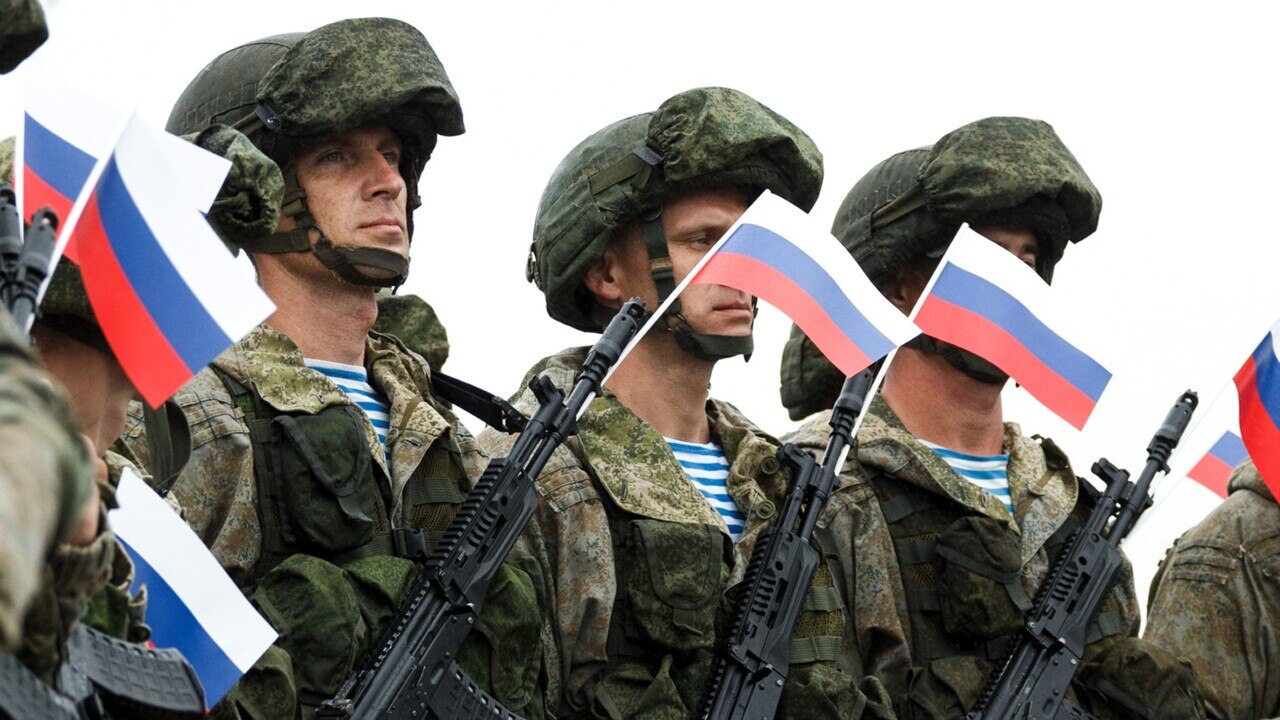
Russian military analyst Pavel Felgenhauer said that the Russian troops currently in Belarus can’t stay indefinitely because of supply issues and will have to relocate to their bases at some point. In addition, the presence in Belarus of units with bases in Russia’s Far East exposes areas bordering China, a state of affairs that Mr. Felgenhauer said Russia won’t want to maintain for long.
“If there will be a political decision to have a longstanding Russian army presence in Belarus, that’s a different story,” he said.
On Friday, Mr. Biden said that he expected Mr. Putin to launch a Russian invasion of Ukraine in the coming days, with targets including Kiev. The Kremlin has been seeking a formal guarantee that NATO will never admit Ukraine and other former Soviet states as members and roll back troop deployments to the status quo in 1997, before the alliance admitted eastern and central European states.
On CNN’s “State of the Union,” Mr. Blinken said that the continuation of Russian military exercises and the massing of troops on Ukraine’s border is part of the predicted groundwork Moscow has been laying for a Russian invasion of its smaller neighbour.
“All of this, along with the false-flag operations that we’ve seen unfold over the weekend tells us that the playbook we laid out is moving forward,” he said.
Russia had repeatedly said it intends to pull the troops back once the drills are over, but intensifying fighting in eastern Ukraine has prompted claims from Moscow that Ukraine is readying a military offensive to retake territory from Russian-backed forces in the Donbas region. The separatists seized swathes of the country’s east in an armed conflict that started in 2014 and has continued ever since, claiming more than 14,000 lives.
On Sunday, Russia’s Federal Security Service, which controls the country’s borders, said more than 30,000 residents from the self-proclaimed Donetsk and Luhansk people’s republics in the Donbas area had crossed to Russia’s neighbouring Rostov region since the start of a mass evacuation of residents announced by authorities in the Russian-controlled areas on Friday. In Russia, the Rostov and Voronezh regions, which border Ukraine, announced states of emergency, citing the influx of people.
Ukrainian military spokesman Dmytro Lutsyuk said on Sunday afternoon that 20 instances of artillery fire by Russian-led forces had been recorded in the space of 24 hours and that one service member had been wounded and taken to a hospital with shrapnel wounds. Mr. Lutsyuk added that more than 860 residents of the breakaway republics had entered through a ceasefire line since Saturday.
In addition to the exercises in Belarus, Russia has been conducting large-scale naval manoeuvres on the Black and Azov seas, with warships in unprecedented numbers from Russia’s Baltic, Black Sea and Northern fleets.
The Wall St Journal

